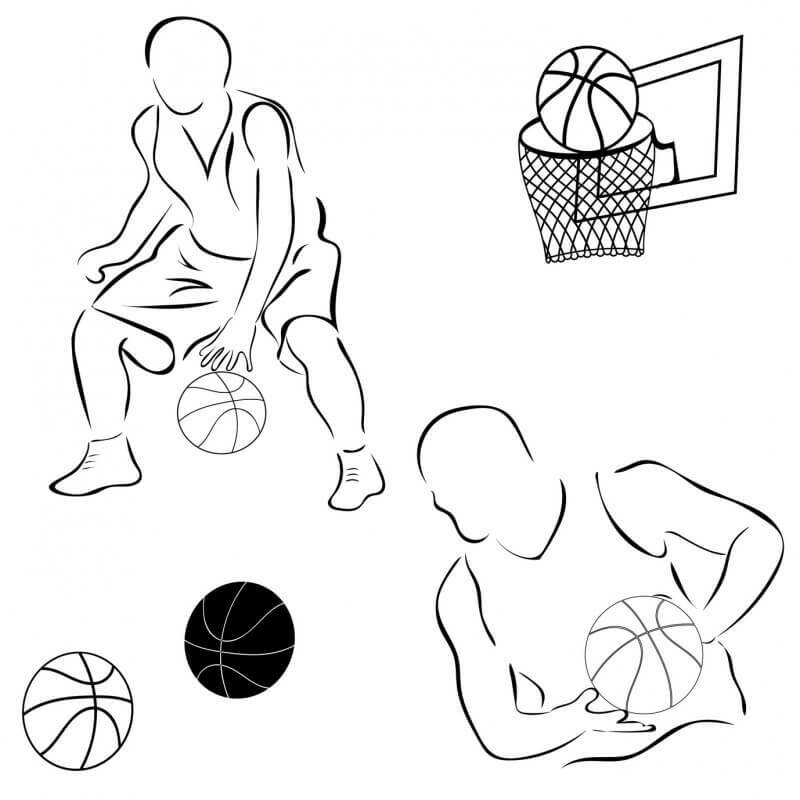Example of Using the Long Dash
Orthography / / July 04, 2021
The long dash is an orthographic sign that has various uses in writing, this sign consists of a horizontal line (─) with a size greater than the short dash (-).
The use of the long dash in writing is as a separation of dialogues or as a sign to introduce phrases or words within a text.
Examples of different uses of the long dash:
Example 1, the long dash to enter phrases or words:
Philosophy is a principle that seeks knowledge itself, which is why it is classified as the love of wisdom ─philes = love, Sofia = Wisdom─, thus philosophy is considered the art of seeking truth or knowledge for the sole impulse of knowing.
Example 2, the long dash in the dialogues of a literary work:
Fragment of the Old Man and the Sea by Ernest Hemingway
─ Have you been looking for me?
─ Of course. With the coast guards and with airplanes.
The sea is very large and a boat is small and difficult to see, 'said the old man.
He noticed how nice it was to have someone to talk to instead of just talking to himself and the sea. I've missed you, ”he said. What have they caught?
─ One on the first day, one on the second and two on the third.
─ Very good
─ Now we will fish together again.
─ No. I'm not lucky. I'm not lucky anymore.
─ To hell with luck, ”the boy said. I will carry luck with me.
─ What is your family going to say?
─ I do not mind. Yesterday I caught two. But now we will fish together because I still have a lot to learn.
─ We have to get a good spear and always carry it on board.
Example 3, the long dash in a transcribed telephone dialogue:
─ Well, who's talking?
─ Hello, this is your aunt Maria speaking
─ How are you, how are you, how good you speak.
─ I just wanted to talk to see how your parents are and how are they, how is my brother Javier ─Your uncle─ that he has already been living with you for a month
─ We are all well, my mother and father are well and my uncle Javier is already better, he feels good here in the province.
─ Well, over there you let my sister Silvia know that I am arriving early tomorrow and I am taking your cousins.
─ Sure Auntie, I will gladly notify you when you arrive.
─ Hey Patricia, will you have your mom's or dad's phone number around, ─the cell phone─?
─ Yes, aunt, but I'll pass it on to you in a message, I don't know it by heart. I have it in my phone book.
─ Yes daughter, you can no longer live without a cell phone, even a camera is.
─ My parents are in Jalapa, it will take about an hour to arrive.
─Very well daughter, see you when I get to Veracruz.
─Goodbye Aunt.
Example 4, the long dash in an interview with a police officer:
Hello, my name is Jacobo Torreja and I am 26 years old, I am a member of the police force of the State of Mexico, I am married and I have a son.
─ How and when did you decide to be a police officer?
─ I entered the year 1999 at the age of 20 out of necessity and also for the pleasure of protecting people, especially those who live close to me and who trust me a lot.
─ Do you like being a policeman and working as a policeman?
─ Of course, it is nice to protect the population and even more so to be recognized as a socially responsible person with the confidence of the population. Especially to protect them from crime and still help them in cases of crisis or various problems that are among our faculties.
─ What do you do in the police force?
─ I am in charge of patrolling my shifts, in these shifts we have to work 28 hours for 24 hours of rest.
In other shifts I have to do office work to compensate for the daily effort, which allows colleagues to roll.
─ Did your family ask you to leave at some point?
─ Yes, especially because of the risk involved, but over time they have got used to it, just we pray that nothing happens to us, neither to me nor to the companions who finally become another family.
─ How many people does the police force?
─ The police force is made up of 600 elements, although it is being planned to increase it by 100 or 120 more.
─ How long does it take to arrive when there is a mishap or a call?
─ It is not a fixed time, and it is clear that it will always vary depending on the place and what is happening.
It is usually sent to the nearest unit, that is the procedure and later and depending on the gravity are called to more elements, which are well prepared for any situation possible.
─ Do you have a helicopter?
─ Yes, there is a helicopter, but this is called for reasons that really merit it, since these devices always will be risky for both the police and the population, and therefore remains ready for the call correspondent.
Another aspect to highlight is the fuel consumption of these devices, so it is tried to use only in cases that really deserve it.


